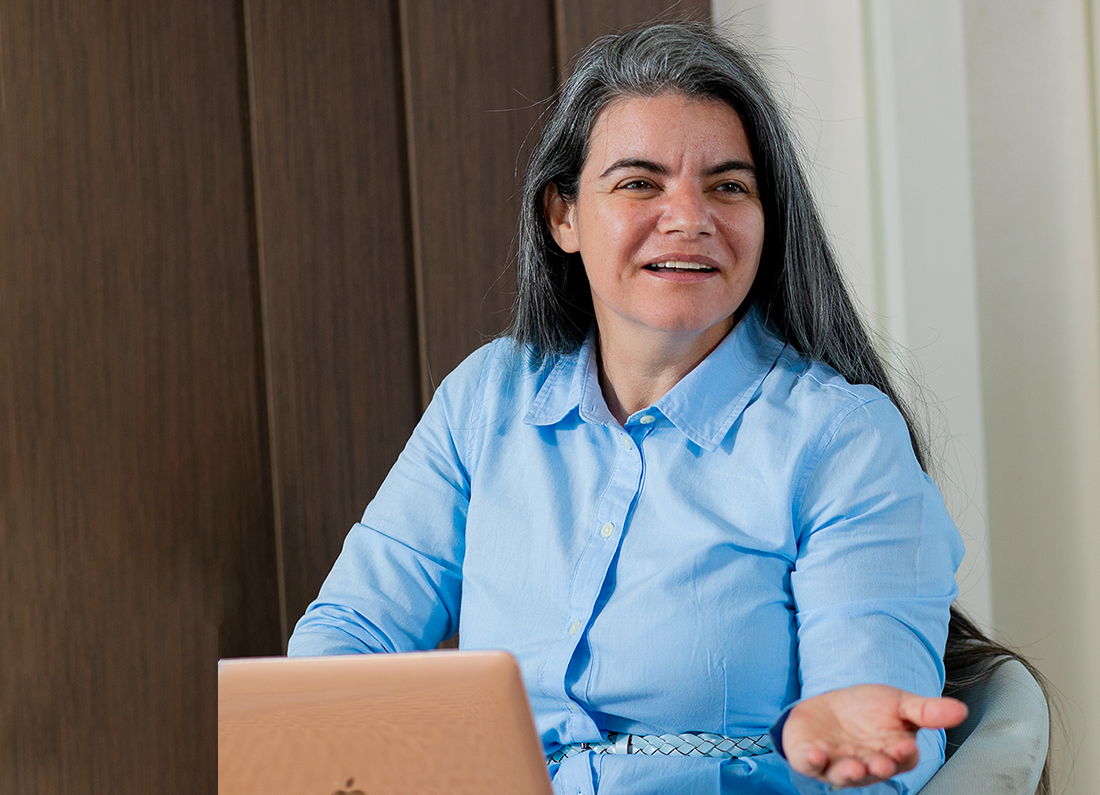By: Luana Cristina Sardinha Bezerra with Skyline Magazine Lifestyle
The landscape of education worldwide is evolving, with a growing emphasis on inclusivity and equal opportunities for all students. As a Special Education Consultant with years of experience guiding public and private schools in Brazil, I’ve seen firsthand how transformative inclusive education can be. When schools embrace diversity and inclusivity, the results are not just about equity but also improved educational outcomes for students of all abilities.
What has become increasingly apparent is that U.S. schools, much like those in Brazil, are in need of experts with the background to make their educational environments more inclusive. I believe my experience working in Brazil can offer valuable insights and practical strategies to help U.S. schools develop the tools necessary to support students with diverse needs and create inclusive learning environments.
Inclusive education goes beyond simply providing access to education—it’s about understanding the diverse needs of students and ensuring the learning environment adapts to support all learners. In Brazil, my role as a Special Education Consultant has involved providing guidance on everything from developing Individualized Education Plans (IEPs) to fostering school-wide programs that promote inclusion at all levels. These strategies help educators create classrooms that are not only welcoming but also structured to help students with various disabilities, learning differences, and needs reach their full potential.
In the U.S., this approach is becoming more essential as the demand for inclusive education rises. As American schools increasingly prioritize diversity, equity, and inclusion, it’s evident that simply offering accommodations isn’t enough. Schools need professionals who can help them go beyond compliance and create environments where students with special needs feel supported, valued, and able to succeed.
Why U.S. Schools Need Special Education Experts
Despite strides made in special education, U.S. schools are still grappling with how to create truly inclusive classrooms. Many educators, while well-meaning, may lack the specialized training needed to address the complex needs of students with disabilities or learning differences. It’s one thing to have the right accommodations in place, but it’s another to have a comprehensive, thoughtful approach that integrates special education seamlessly into every aspect of the school culture.
My work in Brazil has shown me the difference that expert guidance can make. By offering tailored professional development programs, teachers and school leaders can become better equipped to identify students’ needs, design appropriate interventions, and foster an inclusive classroom environment. The positive impact of this extends beyond students with disabilities—it enhances the educational experience for all students, creating a school culture of empathy, respect, and collaboration.
U.S. schools are increasingly recognizing the need for experts who can guide them through this transformation. Special education consultants like myself can offer the insights and strategies needed to support teachers and school administrators, helping them create sustainable, inclusive practices that can improve outcomes for all students.
The need for professionals like me, who have practical experience creating inclusive educational environments, is especially critical in U.S. schools. The reality is that each school, whether public or private, faces unique challenges. However, the principles of inclusivity—whether it’s through individualized support, understanding local needs, or building school-wide initiatives—are universal.
In Brazil, I have worked closely with educators to create strategies that integrate students with special needs into general education classrooms. This experience has taught me how important it is to provide professional development for teachers, give them the tools to assess students’ needs, and create a school-wide culture of inclusion. These are strategies that can be adapted to the U.S. educational system, helping schools to not only meet compliance requirements but also foster environments where every student feels valued and capable of succeeding.
The demand for qualified special education professionals in the U.S. is growing, and schools must address the diverse needs of their students if they are to continue to thrive. As U.S. schools increasingly recognize the importance of inclusive practices, they are turning to experts who can provide the guidance and training needed to create sustainable, inclusive environments.
My goal as a Special Education Consultant is to continue helping schools develop strategies that support students of all abilities. The path forward for U.S. schools is clear: By embracing inclusion, supporting professional development, and fostering a culture of understanding, we can create educational systems that serve every student, no matter their abilities.
It’s time for U.S. schools to prioritize inclusivity and take the necessary steps to ensure every child has the opportunity to succeed. As an expert in this field, I’m ready to help schools navigate this transformative journey and build environments that truly reflect the diversity of their students. Together, we can create a future where every learner has the tools they need to thrive.
- Luana Cristina Sardinha Bezerra is a Special Education Teacher with over 5 years of experience, specializing in students with intellectual disabilities and autism. She holds a degree in Pedagogy from the University of Mogi das Cruzes (UMC) and several postgraduate qualifications in Neuropsychopedagogy and Psychopedagogy. She is currently pursuing advanced studies in child development and has completed ABA training at the Child Behavior Institute of Miami (CBI). Has a Degree in Special Education from the International University Center (UNINTER). Luana is committed to inclusive education, focusing on personalized support to help every student thrive. Her work emphasizes the importance of addressing psychological needs for a more inclusive future.

